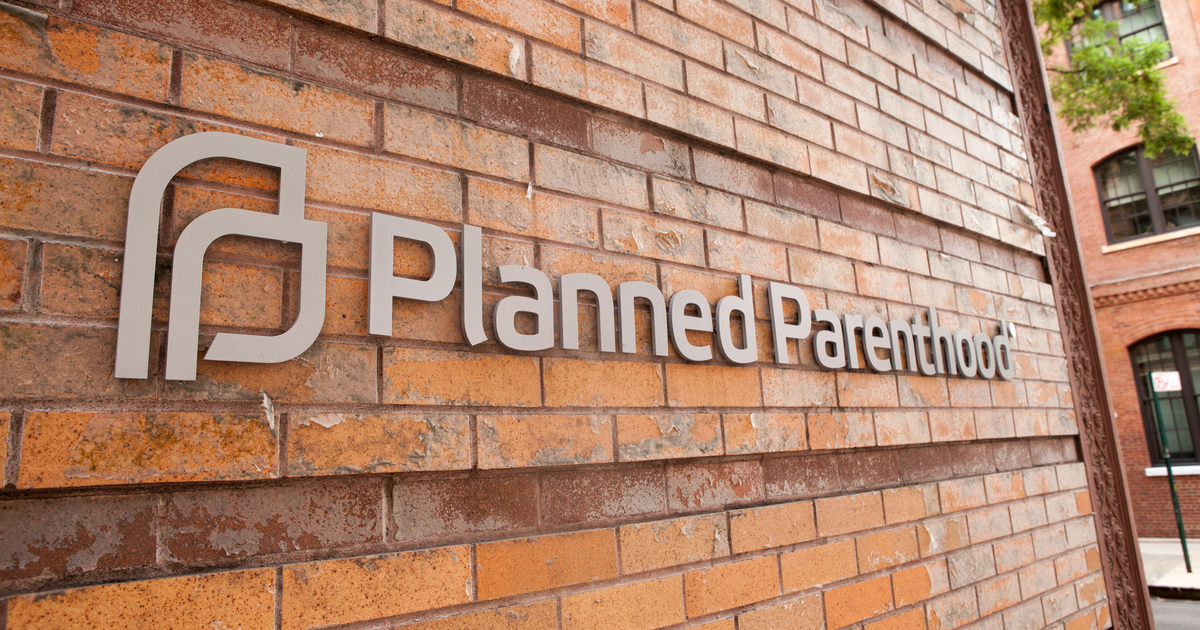In the meantime, the Supreme Court’s decision tonight is good news for proponents of abortion, like providers and other adjacent organizations.
“To ensure this widespread access to mifepristone, I breathe a huge sigh of relief,” says Megan Jeyifo, executive director of the Chicago Abortion Fund, which provides patients with financial, logistical and emotional support.
Planned Parenthood of Illinois, one of the state’s largest abortion providers, also celebrated the court’s decision. In a statement, CEO Jennifer Welch said PPIL continues to offer abortion medication.
“This is a victory not just for patients with PPIL, but for people across the country who deserve access to effective, high-quality health care, including safe and legal medical abortion,” Welch said.
“It is disappointing that the Supreme Court did not side with the facts, which tell us that mifepristone is dangerous to women and their health. We hope that over time, the status and use of this drug will change,” Mary Kate Zander, executive director of Illinois Right to Life, said in a statement to Crain’s.
The availability of mifepristone was first challenged earlier this month when a Texas federal judge issued an order suspending the government’s approval of the drug. Since then, the courts have been squabbling over restrictions on the drug. The fast-moving case came to the US Supreme Court a week ago after the Biden administration asked it to intervene in a federal appeals court ruling that would authorize restrictions on the mifepristone, including removing the option to send the drug to patients.
The case represented the Supreme Court’s first abortion test since overturning Roe v. Wade last year, which allowed each state to decide whether or not to allow the procedure.
“It’s been a really chaotic and confusing time,” says Jeyifo.
If mifepristone is restricted or banned in the future, Jeyifo says it could lead to Illinois seeing even more out-of-state abortion seekers. Since the overturning of Roe v. Wade, Illinois has become a so-called “abortion haven” in the Midwest as neighboring states have moved to restrict abortion. In 2019, Governor JBPritzker signed the Illinois Reproductive Health Act into law, which made abortion a basic right in Illinois. Even before Roe’s fall, Illinois performed abortions for more than 9,500 out-of-state people in 2020, according to the Illinois Department of Public Health.
Mifepristone is part of a two-drug regimen doctors prescribe to end pregnancies. The other drug, misoprostal, is less effective when used alone but has not been impacted in the legal fight. The diet accounts for more than half of abortions in the United States, according to the Guttmacher Institute.
Among all health care providers, about 46,000 abortions were performed in Illinois in 2020, the most recent data available, according to IDPH. Of these, more than 23,000 were made with antiprogestins, such as mifepristone.
As mifepristone has been debated in the court system in recent weeks, Illinois has begun providing advanced Medicaid payments to healthcare organizations so they can stock up on mifepristone and misoprostol.
Although access to the drug is preserved for now, there is always the possibility that lower courts will restrict it or take it off the market. The restrictions would likely remove the ability to mail the pill. Without the ability to send mifepristone by post, it would be more likely that patients would have to take time off work and travel to doctor’s offices to obtain the pill.
Additionally, it’s likely that many more women would choose the certainty of procedural abortions over single-dose misoprostol treatment, said Dr. Ashley Turner, a Northwestern Medicine obstetrician/gynecologist and assistant professor of obstetrics and gynecology at the Feinberg School of Medicine.
Turner said medical abortions, both a two-drug regimen of mifepristone and misoprostol or misoprostol alone, are safe methods of ending pregnancies. The two-drug treatment is about 95% effective, she said, while misoprostol alone is 80% to 90% effective. Also, without using mifepristone, the dose of misoprostol is two to three times higher and side effects such as nausea and vomiting are more severe, she said.
Abortion providers are always very clear about efficacy and safety, Turner said, so without mifepristone, many women will choose procedural abortions over just one drug. Right now, the majority of abortions are medical abortions, which will mean a big shift in OB/GYN care, she said. Northwestern Medicine provides comprehensive obstetrics and gynecology care, including abortions, she said.
“Obviously delivering medical treatment takes less time than performing procedural abortions,” Turner said.
The loss of access to mifepristone and the shift of patients to procedural abortions “has the potential to – I don’t think it’s ‘overwhelming the system’ – but to stress the system,” she said.
But this possibility has been on the forefront of people at the forefront of reproductive medicine for some time; the profession will not be taken by surprise, Turner said.
“I don’t think people will be unprepared to do what is necessary to care for our patients,” Turner said early Friday afternoon before the Supreme Court’s decision was released. “I think it’s unfortunate that this is a possibility. But at the end of the day, our goal is to keep patients safe and meet their reproductive health needs, so we’ll see what happens. “

